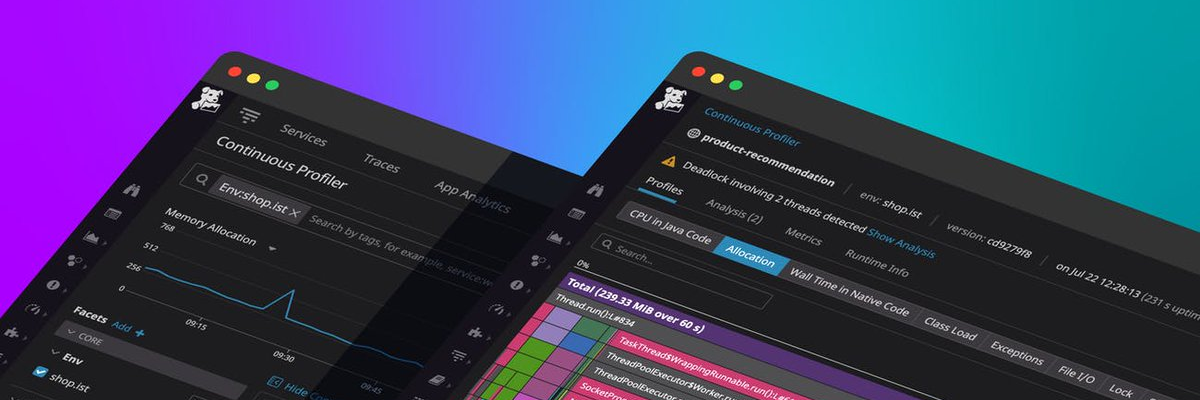On popular demand, here is how write a remote JRCMD for R28.x:
import java.lang.management.ManagementFactory;
import java.net.MalformedURLException;
import java.util.HashMap;
import java.util.Iterator;
import java.util.Map;
import javax.management.Attribute;
import javax.management.InstanceNotFoundException;
import javax.management.MBeanAttributeInfo;
import javax.management.MBeanServerConnection;
import javax.management.ObjectName;
import javax.management.remote.JMXConnector;
import javax.management.remote.JMXConnectorFactory;
import javax.management.remote.JMXServiceURL;
/**
* Simple code example on how to execute
* ctrl-break handlers remotely.
*
* Usage:
* RemoteJRCMD -host -port -user -pass -command []
*
* All arguments are optional. If no command is
* specified, all performance counters and their
* current values are listed.
*
* @author Marcus Hirt
*/
public final class RemoteJRCMD {
private final static String KEY_CREDENTIALS =
"jmx.remote.credentials";
private final static String JROCKIT_PERFCOUNTER_MBEAN_NAME =
"oracle.jrockit.management:type=PerfCounters";
private final static String JROCKIT_CONSOLE_MBEAN_NAME =
"oracle.jrockit.management:type=JRockitConsole";
private final static String[] SIGNATURE =
new String[] {"java.lang.String"};
private final static String DIAGNOSTIC_COMMAND_MBEAN_NAME =
"oracle.jrockit.management:type=DiagnosticCommand";
public static void main(String[] args)
throws Exception {
HashMap commandMap =
parseArguments(args);
executeCommand(
commandMap.get("-host"),
Integer.parseInt(commandMap.get("-port")),
commandMap.get("-user"),
commandMap.get("-password"),
commandMap.get("-command"));
}
private static HashMap parseArguments(
String[] args) {
HashMap commandMap =
new HashMap();
commandMap.put("-host", "localhost");
commandMap.put("-port", "7091");
for (int i = 0; i < args.length; i++) {
if (args[i].startsWith("-")) {
StringBuilder buf = new StringBuilder();
int j = i + 1;
while (j < args.length
&& !args[j].startsWith("-")) {
buf.append(" ");
buf.append(args[j++]);
}
commandMap.put(args[i],
buf.toString().trim());
i = j - 1;
}
}
return commandMap;
}
@SuppressWarnings("unchecked")
public static void executeCommand(
String host, int port, String user,
String password, String command)
throws Exception {
MBeanServerConnection server = null;
JMXConnector jmxc = null;
Map map = null;
if (user != null || password != null) {
map = new HashMap();
final String[] credentials = new String[2];
credentials[0] = user;
credentials[1] = password;
map.put(KEY_CREDENTIALS, credentials);
}
// Use same convention as Sun. localhost:0 means
// "VM, monitor thyself!"
if (host.equals("localhost") && port == 0) {
server = ManagementFactory.getPlatformMBeanServer();
} else {
jmxc = JMXConnectorFactory.newJMXConnector(
createConnectionURL(host,
port), map);
jmxc.connect();
server = jmxc.getMBeanServerConnection();
}
System.out.println("Connected to " + host
+ ":" + port);
try {
server.getMBeanInfo(new ObjectName(
JROCKIT_CONSOLE_MBEAN_NAME));
} catch (InstanceNotFoundException e1) {
server.createMBean(
"oracle.jrockit.management.JRockitConsole",
null);
}
if (command == null) {
ObjectName perfCounterObjectName = new ObjectName(
JROCKIT_PERFCOUNTER_MBEAN_NAME);
System.out.println("Listing all counters...");
MBeanAttributeInfo[] attributes = server.getMBeanInfo(
perfCounterObjectName).getAttributes();
System.out.println("Counter\tValue\n=======\t====");
String[] attributeNames = new String[attributes.length];
for (int i = 0; i < attributes.length; i++) {
attributeNames[i] = attributes[i].getName();
}
Iterator valueIter = server.getAttributes(
perfCounterObjectName,
attributeNames).iterator();
while (valueIter.hasNext()) {
Attribute attr = (Attribute) valueIter.next();
System.out.println(attr.getName()
+ "\t=\t"
+ attr.getValue());
}
} else {
System.out.println("Invoking the ctrl-break command '"
+ command + "'...");
ObjectName consoleObjectName = new ObjectName(
DIAGNOSTIC_COMMAND_MBEAN_NAME);
Object[] params = new Object[1];
params[0] = command;
System.out.println("The CtrlBreakCommand returned: \n"
+ server.invoke(
consoleObjectName,
"execute", params,
SIGNATURE));
}
if (jmxc != null) {
jmxc.close();
}
}
private static JMXServiceURL createConnectionURL(
String host, int port)
throws MalformedURLException {
return new JMXServiceURL("rmi", "", 0,
"/jndi/rmi://" + host + ":"
+ port + "/jmxrmi");
}
}
(This example can also be found in the JRockit book, at the end of chapter 11.)
The following example would list all the performance counters and their values on the JVM running the RemoteJRCMD itself:
java RemoteJRCMD –port 0
The following example would list all the available commands in a JVM with a management agent open on the default port (7091) on localhost:
java RemoteJRCMD –command help
The following example would print the help on the command “print_threads”, which performs a thread stack dump:
java RemoteJRCMD –command help print_threads
The following example would print a heap histogram per class for the JVM running on port 4711 on the host adastra:
java RemoteJRCMD –port 4711 –host adastra –command print_object_summary
